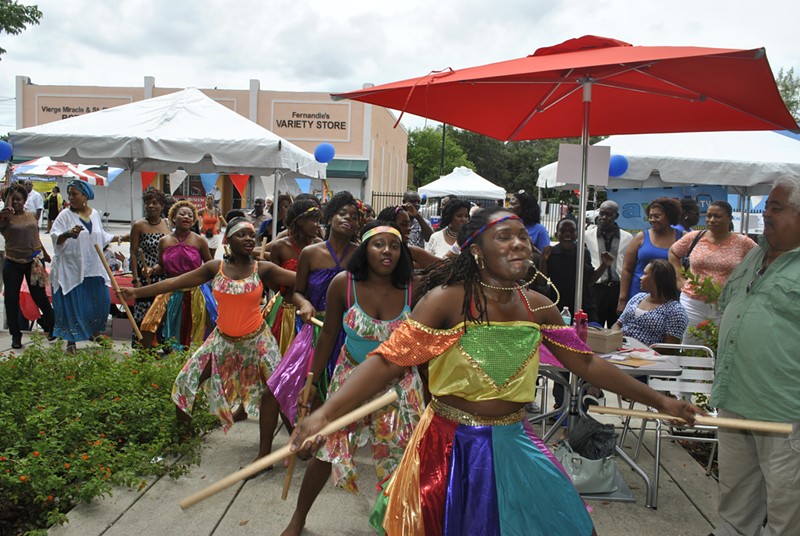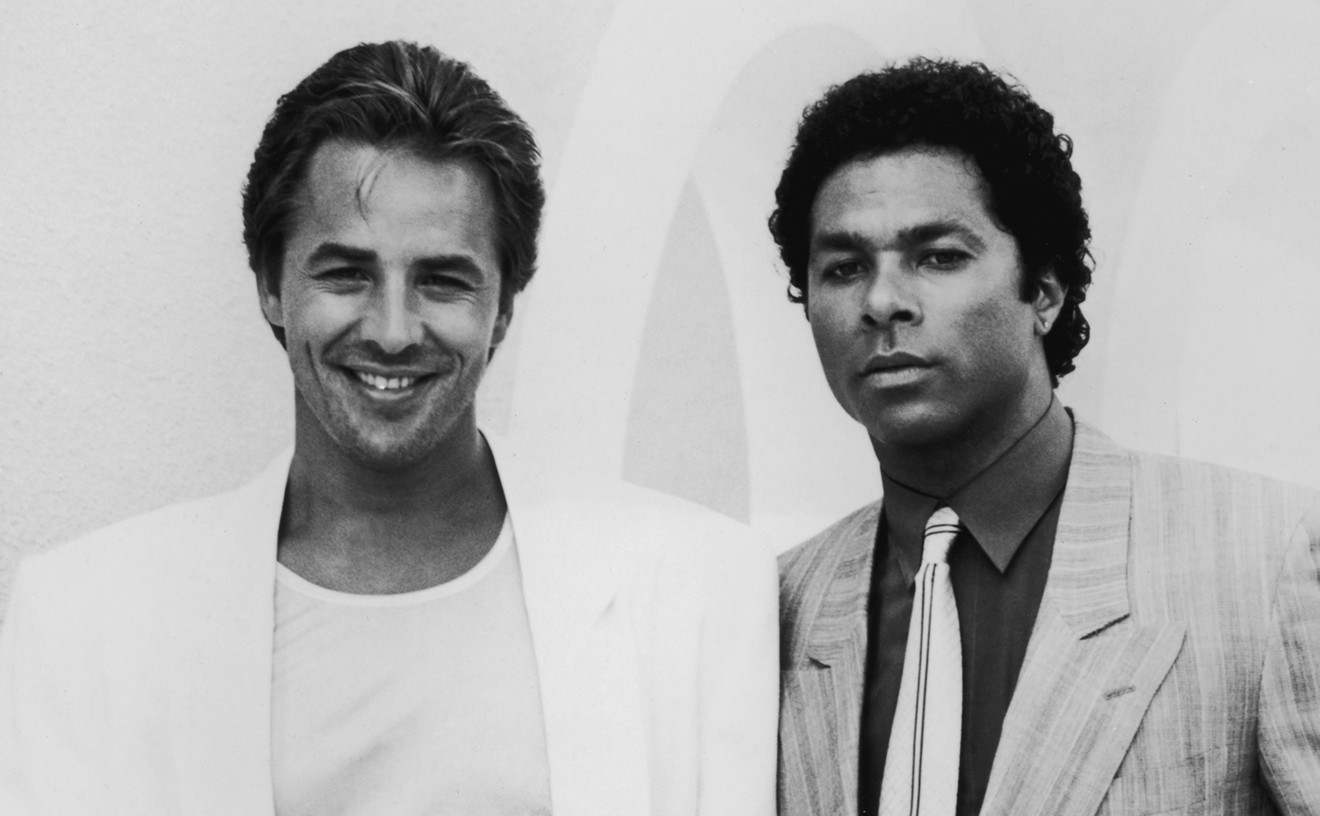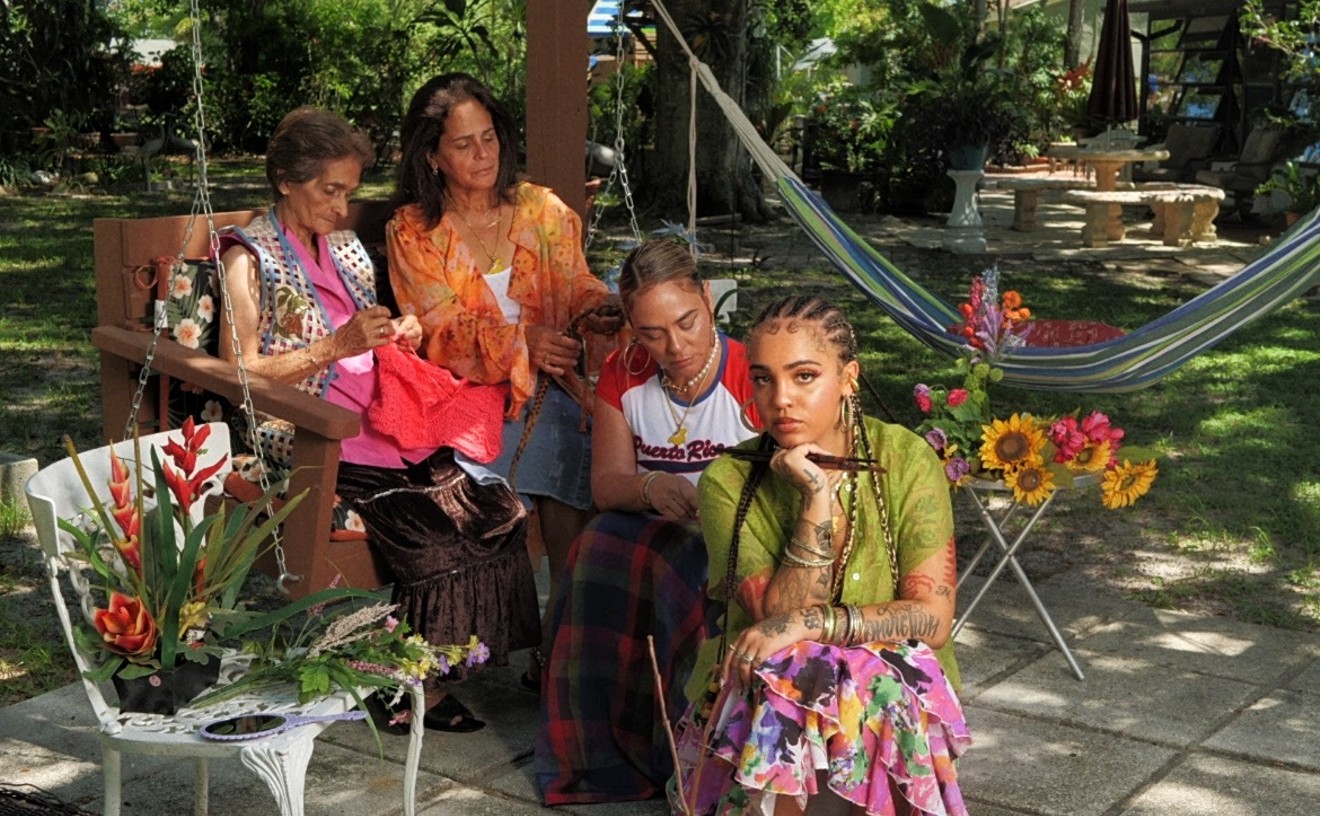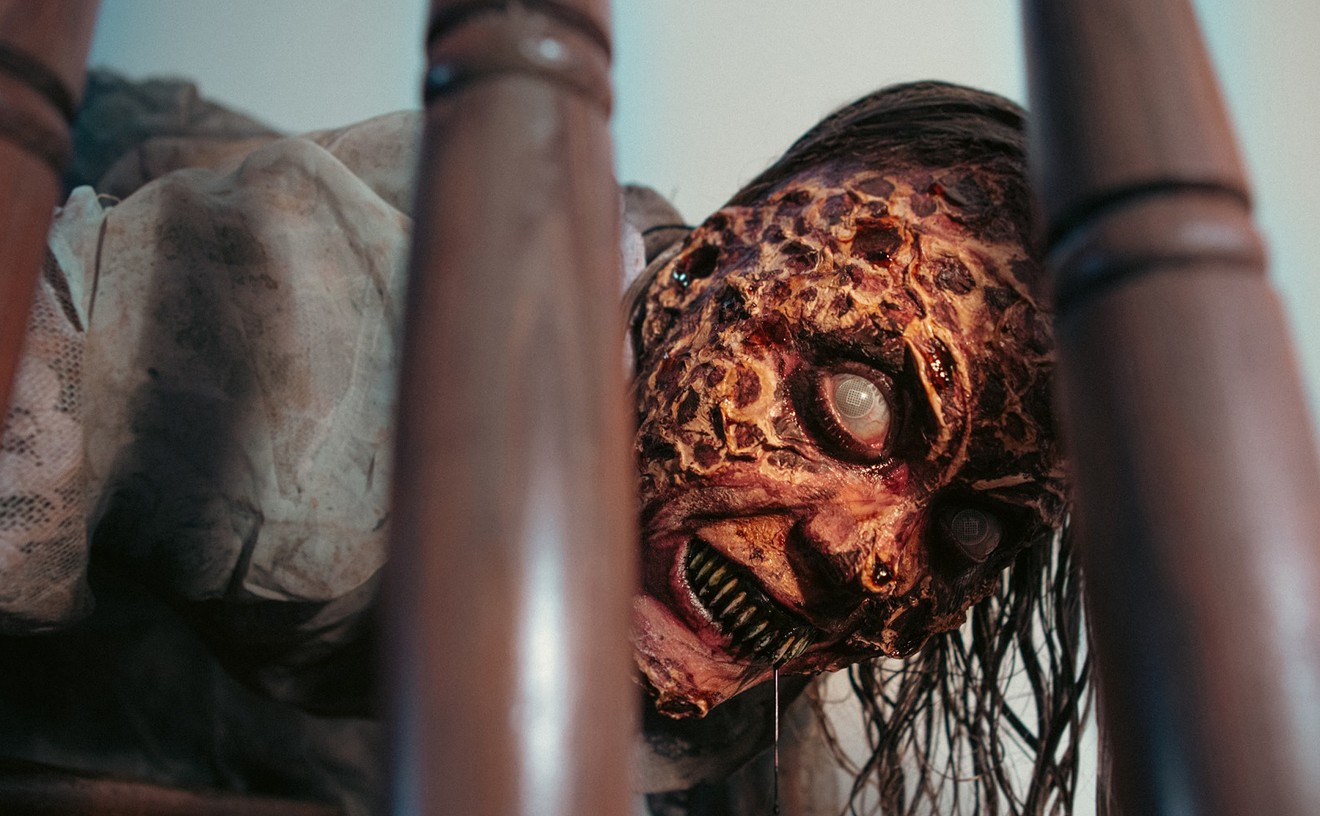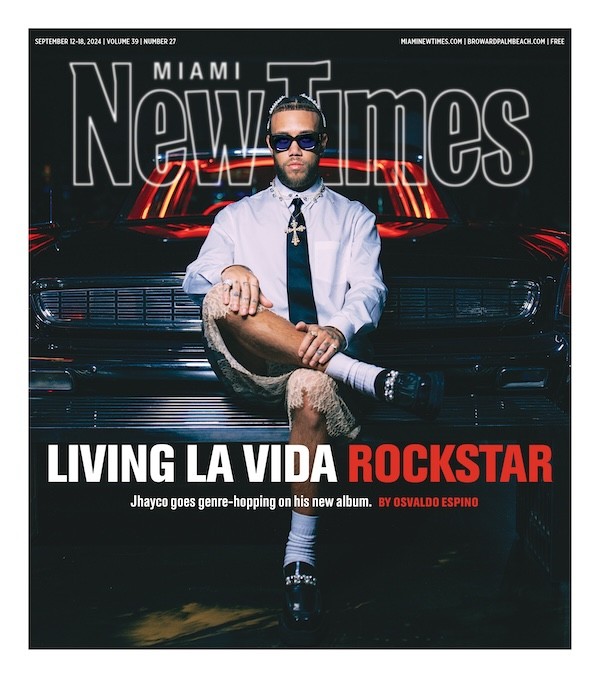Drive east on NW 59th Street toward the Little Haiti Cultural Center and you'll notice the murals and brightly painted building facades that echo the island of this neighborhood's name. Unlike the arts district just south of it, Little Haiti is still resisting, with varying success, impending gentrification and the forced relocation of the immigrants that made the area what it is. You can go to the Cultural Center during one of the countless fairs and markets that happen throughout the year to hear the blaring
The Little Haiti Book Festival will have a more direct engagement with the neighborhood. Starting Saturday, May 27, at 6 p.m. and continuing through that Sunday, the event will feature workshops, literary panels, spoken word, and storytelling, most often in Haitian Creole or French with simultaneous English interpretation.
“Little Haiti is a neighborhood of families with a history of overcoming monumental odds in their home country. And yet these families and their neighbors still share a longing for home,” says MJ
While the Miami Book Fair is co-sponsoring this year's festival, it was originally started by Jan Mapou, founder of Sosyete Koukouy, a nonprofit that seeks to promote Haitian Creole language, culture, and art. Lissette Mendez, director of programming at the Miami Book Fair, had known Mapou for years and helped with previous festivals before enlisting the resources of the behemoth MBF for the Little Haiti event.
Talks and workshops cover topics ranging from writing your first draft with Fabienne Josaphat to modern slavery in Haiti. Non-Haitian writers and readers are encouraged to attend, but the festival is decidedly focused on the concerns and accomplishments of Haitian literature and art.
“Literature has always been instrumental for Haitian people in their quest for resilience and sustenance,” explains
“There's a perception sometimes, especially in South Florida, that there's not much art-making in Haiti,” Mendez reflects. “There's been political unrest, poverty, the trauma of the earthquake, and natural disasters of other kinds. We see the terrible things that are happening or that have happened and we don't empathize as much with the rich literary and intellectual history that's there.”
The book festival serves as a kind of reminder of those traditions, but also as an entry for those already connected to them. Included in the programming are two workshops for children – one in which kid authors Edwin Bonilla (7),
“I'm really excited about the kids who will get inspired. I think that's important for children growing up
The Little Haiti Book Festival begins at 6 p.m. Saturday, May 27, and continues at noon on Sunday, May 28, at the Little Haiti Cultural Center. Visit miamibookfair.com.

